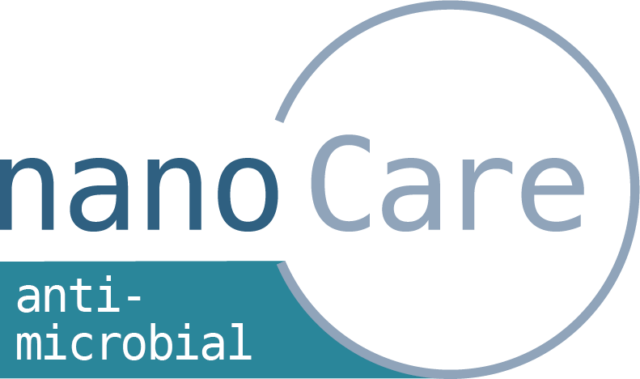Saarwellingen, Germany.
The use of durable water repelling coatings is subject to constant change. Whereas at the introduction of textile equipment fluorine-free hydrophobics were used for impregnating textiles, predominantly fluorocarbon products were used in the second half of the 20th century. Right up to 2012, their high efficiency and low-cost application served as an argument to justify the ecological risks; and these are really huge: long-chain C8 fluorocarbons (PFCs) break down to PFOS and PFOA – two emissions proven to be “bioaccumulative”, “persistent” and “carcinogenic”. Indeed today we can detect increased values of these substances in watercourses and even in the breast milk of US mothers. The legal restrictions on C8 technology resulted in a move to shorter C6 fluorocarbons. Although their ecological balance on emissions (e.g. PFHxA) is slightly enhanced – which means a decrease in persistence, no bio-accumulation and no proof of carcinogens – they cannot be seen as a sustained solution for decontaminating the textile industry. Since 2012 Greenpeace has been pleading for change to fluorine-free products in the outdoor sector with their campaign “Detox”. Due to this, manufacturers have had to meet huge challenges, as fluorine-free textile products are less effective and sensitive in application due to their increased surface tension, e.g. through a pre-contamination with residues (silicones or surfactants) resulting from previous treatments.

Intelligent Hybrids developed by Nano-Care Deutschland AG provide new hope for sustainability in the market for DWRs. In complete conformity with the Greenpeace campaign “Detox” and the ZDHC progamme these Intelligent Hybrids are composed of PFC-free chemicals. “The big advantage of hybrid technologies lies in their ability to combine positive features by eliminating the disadvantages as far as possible”, states Oliver Sonntag, CEO. ”Many fluorine-free products are highly restricted in their application and performance. Intelligent Hybrids allow us to achieve excellent results on a wide range of textile fibres including polyamide, polyester, viscose, cotton, silk, leather and wool as well as on their blends. Our formulations have been developed to meet the requirements of the outdoor sector (Spray test, Bundesmann).” The products show an outstanding resistance to washing cycles and to chemical cleaning. In addition the combination of different base technologies allows special features such as LAD (laundry-air-dry).
“Nature itself provided us with the idea of developing hybrids from silicon dioxide nano-technology, paraffins, waxes, resins and silicones: as in evolution, genetic diversity leads to superior ways of living.”
Besides water and dirt repellency, Intelligent Hybrids have further potential: They are able to be used as a booster for oil and alcohol repellency to minimize fluorine usage. Due to lack of alternatives, technical textiles used for work-wear, military, medicine and automotive still have to be treated with PFCs. “Intelligent Hybrids allow us to use short-chain C6 technology whilst achieving C8 performance . We are currently also working on products to improve C4 polymers – with the aim of being able to offer in future a “C0” in this sector. Until then our products will reduce to a minimum both the chain length and the quantity required. Especially in those areas where oil repellency is imperative, the restrictive regulation around C8 technology forces many industrial sectors to increase their C6 content. This is neither sustainable nor cost efficient – and it is exactly here that Intelligent Hybrids will constitute an advantage both for the environment and the cost issue “, says Oliver Sonntag, Nano-Care AG CEO.
One example is the Nanoflex F-Bond system, which was launched on February 7, 2018. This product is composed of a silica backbone, a modified C6 polymer, and process additives which give level 8 performance according to ISO 14419 on polyester and 7 on cotton with normal Foulard/padding commercial application and subsequent curing at temperatures over 150°. The product has been certified with the Eco Passport standard 100 by Oeko-Tex.
Intelligent Hybrids would seem to offer new hope for sustainability and “Detox“ in the textile market. Even without having yet achieved the ultimate aim “Oil repellency without fluorination“, this technical progress is really significant.
The company: Nano-Care Deutschland AG is a spin-off from the Leibniz Institute for New Materials (INM) and was founded in 2000. This mid-size company with its headquarters in Saarwellingen and subsidiaries in the UK and Mexico has specialized form the outset in the production of ultra-thin coating technology for textiles, building construction and non-absorbing surfaces.
